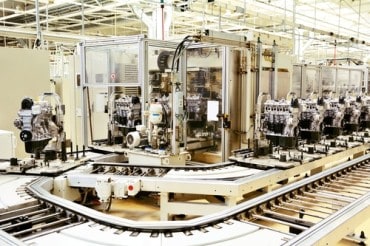
Many of the decision-makers involved in the study say that artificial intelligence could create more sustainable business practices.
Artificial intelligence and machine learning may have faced skepticism in the beginning, but a new report finds that companies are embracing the technology more than ever post-pandemic. In fact, both employees and enterprises seem much more open to what both AI and ML can offer.
Many of the decision-makers involved in the study, conducted by Cloudera, say that AI could create more sustainable business practices. Decision-makers want to see their enterprises involve more AI and ML solutions and initiatives; many of these organizations are already using them.
Download Now: Building Real-time Location Applications on Massive DatasetsThe study also reinforces the idea that AI won’t take jobs but will create new ones, something respondents seem to believe more now than a few years ago. Organizations plan to begin reskilling and upskilling teams and employees to meet the challenges and opportunities presented by these initiatives.
See also: AI Workloads Need Purpose-built Infrastructure
Artificial intelligence implementation challenges persist
Survey respondents cited budgetary constraints as a primary barrier to adopting AI and ML initiatives. In addition, knowledge workers also cite a lack of understanding of what they do as a significant challenge to any widespread adoption.
Both knowledge workers and decision-makers also note that while acceptance has grown, there is still some measure of skepticism over deploying these types of projects. However, a majority of decision-makers point to potential cost savings, improved accuracy, and increased efficiency as reasons to find solutions to these challenges.
One of the most significant areas of potential will be scaling artificial intelligence projects. The talent and expertise required to deploy these projects on a large scale remain in high demand but short supply, so some challenges will require innovative approaches. However, companies that take the initiative might find it a significant differentiator for success. We’re likely to continue to see adoption as the world finds a new rhythm after the events of the pandemic.
Download Now: Building Real-time Location Applications on Massive Datasets




























